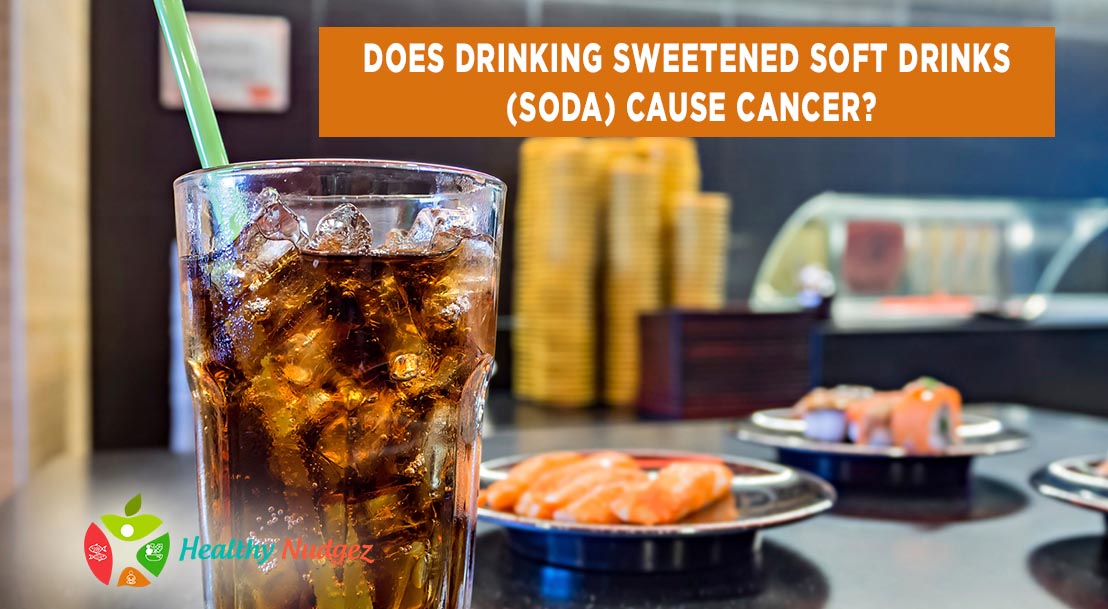Does drinking Sweetened Soft Drinks (Soda) Cause Cancer?
Carbonated beverages are in news these days as researches have found that as less as a single drink of sweetened soft drinks or soda a day can lead to cancer. Cancer is just one of the many chronic health conditions associated with drinking sugary sodas, others being Obesity, type 2 diabetes mellitus, heart disease and tooth decay.
How sodas effect health?
We all agree that too much sugar is not good for health and sweetened sodas contain too much of it. These also contain carbonic acid. Carbonic acid becomes more acidic when combined with the flavouring agents added to the soft drinks. There is a large amount of evidence from past and ongoing researches that shows this can cause many health issues, such as loss of calcium from the body leading to dental problems and affecting bone health. Also, too much sugar may also cause weight gain (obesity) and the combination of acid, sugar and flavouring agents may affect the gastric mucosa leading to gastritis, acidity and even irritable bowel syndrome. Soft drinks also contain caffeine which may hamper the normal functioning of the brain. Even diet sodas are not considered good as they contain artificial sweeteners, such as aspartame and saccharine, which have been associated with increased risk of cancer in many researches and also effect the nervous system.
Ingredients in soda that may cause cancer:
- The empty calories (calories with no other important nutrients) in these sodas lead to obesity and insulin resistance, both of these have been found to be associated with at least 13 kinds of cancers.
- Researches have found that the colouring and the flavouring agents added to fizzy drinks are carcinogenic and increase the risk of cancer.
- One such colouring agent 4-methylimidazole (4-mel), found in artificial colouring of some soft drinks has been found to be a potential cancer causing chemical.
- Some studies have shown that artificial sweeteners added to low calorie diet soda cause cancer in laboratory rats, but no conclusive studies have been done on humans to the same effect.
Types of Carcinogens
Some of the ingredients may not be direct carcinogens, but ay act as carcinogenic agents depending on how the body metabolizes them. Depending on how our bodies metabolise or process the chemicals three types of carcinogens exist:
- Direct carcinogens: chemicals that by themselves cause cancer.
- Procarcinogens: the chemicals that may not be carcinogenic unless they change on metabolization
- Carcinogens: some chemicals may not be carcinogenic by themselves but can act with other chemicals to cause cancer.
Along with consumption of harmful chemicals and substances family history, lifestyle, stress, improper sleep hygiene, etc. also paly an important role in causing cancer.

